The FDA met on 15th June and despite all the evidence of non-efficacy from the infant Pfizer vaccine and the still total lack of data on long-term harms, they went ahead. If the last eighteen months are anything to go by, the MHRA will follow soon, followed after a respectable few weeks by the JCVI. Indeed, vaccination for this age-group is already listed for JCVI discussion.
News
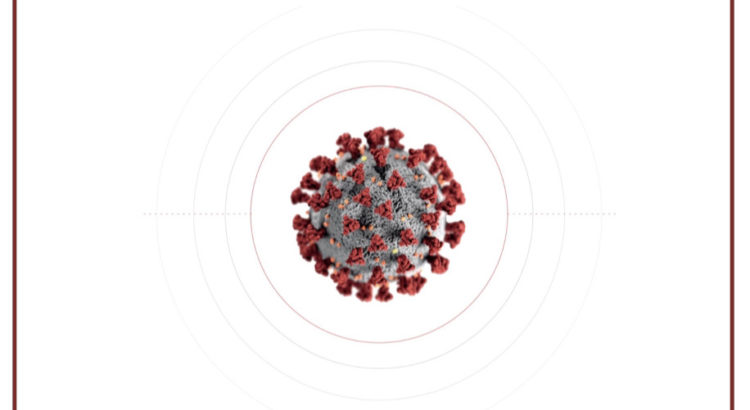
Covid-19 : The Evidence Now PART 3
Last week we published Part 2 of our evidence updates, focusing on ethics, masks and elderly care. This week, we take another detailed look at the collateral damage caused by lockdowns and rather topically have reworked the piece on covid vaccines for children.
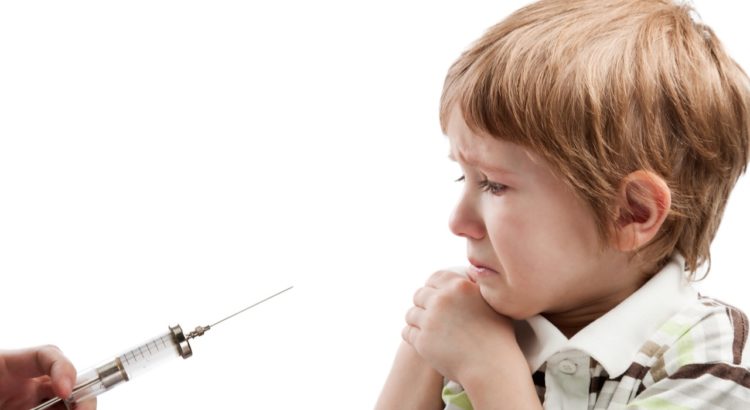
COVID-19 vaccination in children — major ethical concerns remain
There has been a vast quantity of water under the bridge since this article first appeared in March 2021 as part of HART’s COVID-19: an overview of the evidence. Despite numerous unanswered questions to the regulators, and legal challenges, the ethical and legal precept of protecting children was dropped in the clamour to protect society as a whole.

First finding from Pfizer trials
A texan court ordered that the FDA release the documents used by the FDA to give emergency use authorisation for the Pfizer vaccine. The FDA asked if these documents could be kept hidden until 2076 but by August all will have been shared. Early analysis has demonstrated several concerning anomalies but crucially it has revealed that the efficacy data was not what was sold.
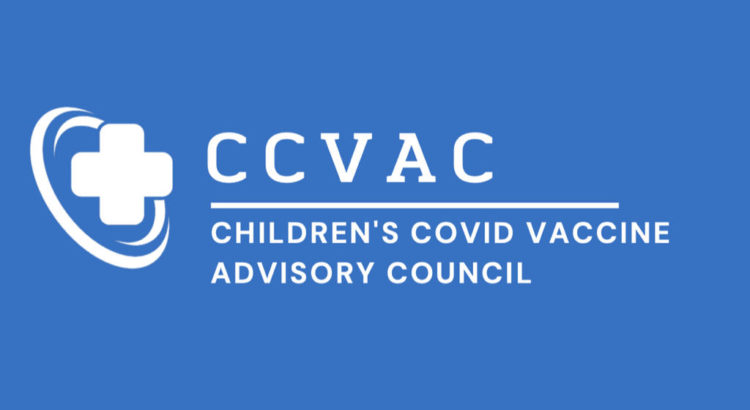
Second Open Letter to all members of the FDA vaccines committee
We are a group of health professionals and scientists from the UK, who submitted a letter to the FDA meeting in March regarding our concerns over the potential authorisation of Pfizer vaccine for children aged 6 months to 4 years and our letter is reattached today in readiness for your June meeting. No new evidence has come to light since our March letter, which gives any credibility to the necessity, safety or even efficacy of this vaccine for infants.

The relaxation of the mask requirement in healthcare settings
On the 1st of June 2022, NHS England issued further guidance regarding the use of face masks in clinical settings. In what could be – optimistically – construed as further progress towards the Government’s ‘Living with covid’ goal, this latest official briefing directs hospitals and other care settings to end the requirement for staff, patients and visitors to wear face coverings in most wards and departments.

Lockdowns: the evidence revisited
In March 2021, we wrote two sections in ‘Covid-19 the evidence’, namely ‘Economic impacts – the true cost of lockdown’ and ‘Lockdowns – do they work?’. Over a year later, we have revisited not only the financial costs of lockdowns but also the societal costs, the impact on healthcare and the lack of evidence for overall benefit.

Another nudge to vaccinate children and for whose benefit?
When the JCVI considered covid vaccines for children in July 2021, they stated, “JCVI is of the view that the health benefits of universal vaccination in children and young people below the age of 18 years do not outweigh the potential risks.

Is myocarditis risk worse after vaccination or infection or both?
The official narrative claims that vaccines prevent infection and therefore reduce risk of myocarditis from infection. This claim is reliant on two points: 1. Vaccines reducing infections 2. That infection related myocarditis occurs at a lower rate in the vaccinated.

Covid-19 : The Evidence Now PART 2
Last week we published our first 3 evidence updates, focusing on aspects of the SARS-CoV-2 virus itself, its variants and natural immunity, with implications for border closures and futile attempts at achieving ‘zero covid’.
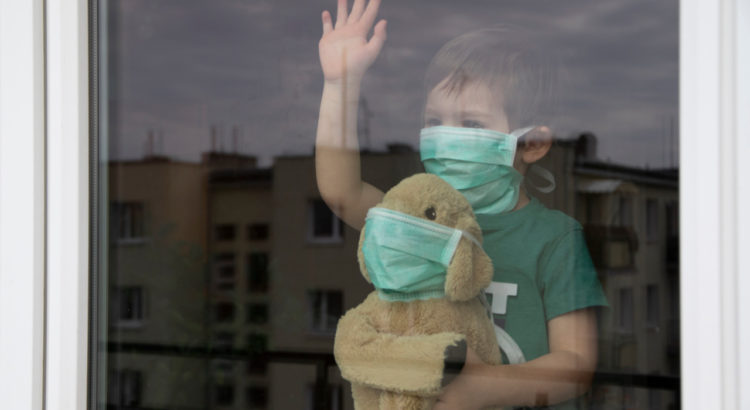
Masks do more harm than good
Whilst masks are a successful psychological tool to remind the public to remain alert, they are not effective in preventing the community spread of disease.

Living with Covid: What does this mean for those in adult social care?
In February 2022, the UK Government announced plans for ‘Living with Covid-19’ and the removal of remaining legal restrictions. Looking back to March 2021, when HART produced its booklet Covid-19: An overview of the evidence, it is clear that the adult social care sector still remains disproportionately affected by draconian restrictions, which prevent many residents from meaningful, regular contact with family and friends.
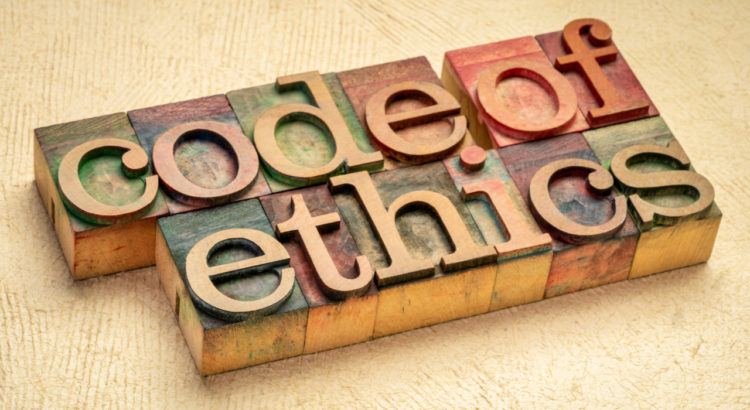
Ethical considerations of the COVID-19 response updated
There has been a stark lack of ethical reflection used in the COVID-19 response. There is an urgent need to restore balance in decision-making and to ensure this can never happen again.

Was the emotional health of future generations sacrificed on the Covid altar?
Ofsted published their latest briefing on the implications of the pandemic on children on April 4th 2022 with the focus on early-years providers. It makes sobering reading.

The unintended consequences of COVID-19 vaccine policy
A recent article published in prestigious scientific journal BMJ global health has questioned the effectiveness of vaccination mandates during the Covid-19 pandemic and pointed out their unintended consequences.

Why the NHS must drop remaining restrictions and covid policies
We are now well over two years into the Covid pandemic and heading into summer. At this point the Government has long-since dropped all the Covid mandates and told the public that we must “learn to live with Covid”; hospitality venues, bars and theatres are full of people socialising and enjoying themselves; face masks are now a far rarer sight in shops and on public transport; and there are more smiles and spontaneous hugs being seen in public.

A picture tells a thousand words: or does it?
This rather beautiful graph was tweeted by @EthicalSkeptic. Some key information from it has been obscured for now to assist with making a particular point.

Vaccination for 5-11s – inducements are rife
hen in February, the JCVI recommended covid vaccines for children aged 5-11, they described it as a ‘non-urgent offer’. Reading the whole briefing document reflects how luke-warm the committee were about the importance of the vaccine young children.

